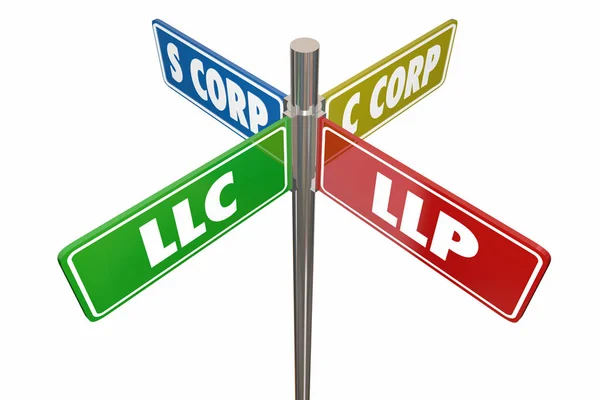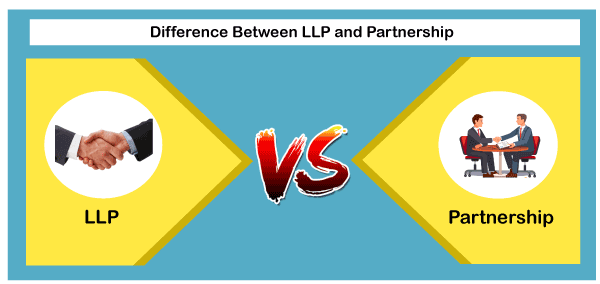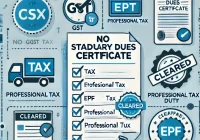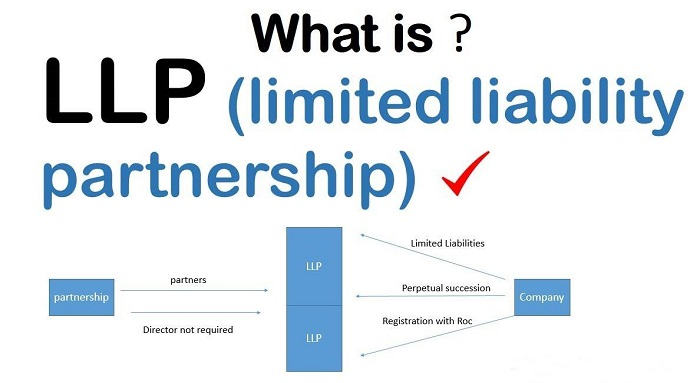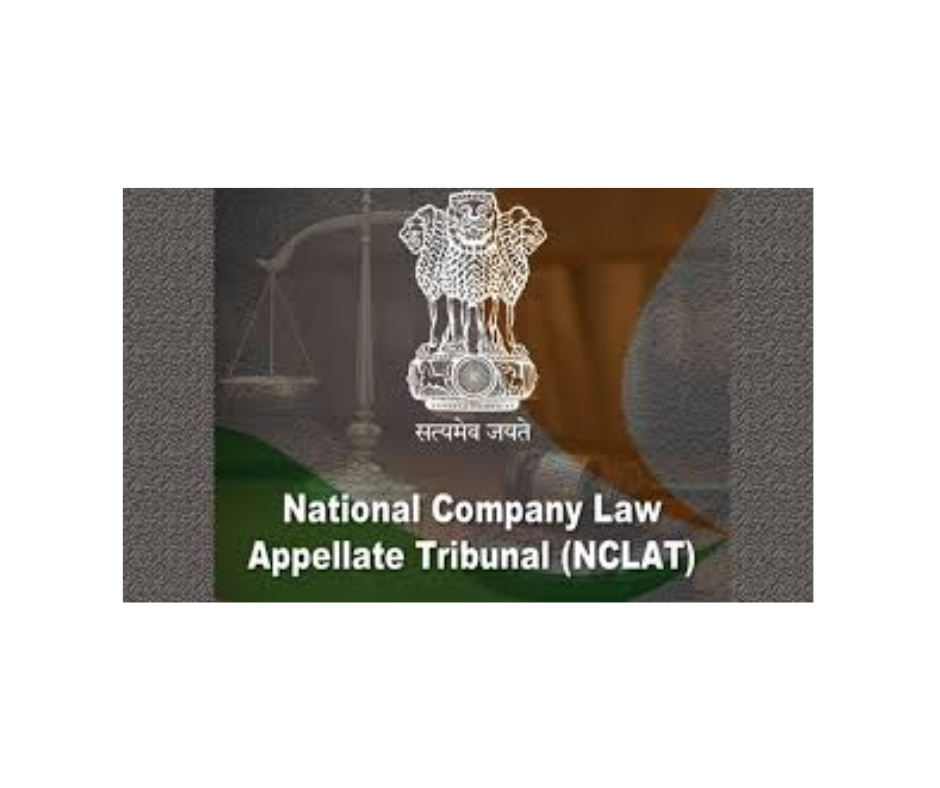LLP formation requirements: Who can form LLP ?
LLP formation requirements LLP formation requirements: Limited Liability Partnerships (LLPs) can be formed by a group of individuals or entities who meet the requirements and fulfill the necessary legal procedures. Here’s a breakdown of Who can form LLP: Individuals: Two or more individuals can come together to form an LLP. They may be professionals,… Read More »

